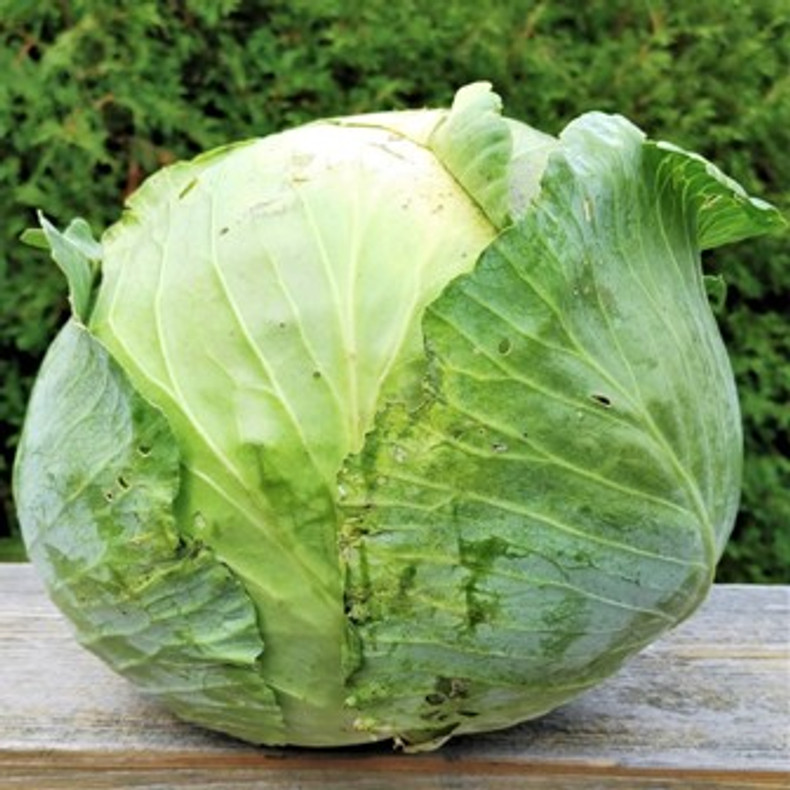
Homemade fermented foods have been making a spectacular comeback.
Here are the ten reasons why fermenting your own food is a great alternative to buying ready-made food in the store.
1. Control the ingredients
To enjoy clean and mindful eating as part of a healthy lifestyle, you should control what enters your food (and hence your body). Opt for local, seasonal, clean ingredients with no additives, mystery compounds, or added sugars. By contrast, you have no control over the ingredients in store-bought ready food.
2. Control the process
When you ferment your own food, the fermentation process is up to you. While many factory-made yogurts are only fermented for a few hours, you can make an alternative that is fermented for longer. Our probiotic Yogurt Plus is fermented for 8 hours, and our L. Reuteri Superfood/L. Gasseri Superfood, while not yogurts, are fermented for 36 hours.
3. Reduce waste
A factory-made pot of yogurt will be used once and then disposed of. Consider the amount of energy that goes into
producing and transporting each one of these single-use pots. We offer an environmentally-friendly alternative: Make your own yogurt at home. Ferment the yogurt again and again using
your previous batches as a starter, and reuse your own jars multiple times. Each
pouch of our starter cultures contains four sachets, allowing your to multiply the cycles by four. If you were to buy the same quantity
of yogurt from the store, it would amount to many single-use pots. While
making yogurt at home still requires getting milk, one large carton will
produce a lot of yogurt.

4. Save money
When you buy ready-made foods, you pay for convenience. By comparison, one bag of organic brown flour will produce many sourdough loaves at a fraction of the price of factory-produced sourdough bread.

5. Unbeatable freshness
Nothing compares to the freshness and vibrant flavors and aromas of a ferment you've just made yourself. It's a living food, and it's exquisite. Choose the freshest ingredients you can get.
6. The other side of the equation: What you DON'T eat
Your homemade ferment will replace an industrial version that is likely not as healthy/fresh as the one you've just made. If you drink your own Kefir Soda or kombucha, you're not drinking a commercial soda pop in the same meal.

7. Learning a life skill
Scratch cooking is a life skill that will serve you well. It's also one step closer to food independence. Once you've learned how to make kefir, you will not depend on a factory. You will only need milk and a starter, and you'll make your own kefir.
8. Mastering patience
In a world of instant gratifications, fermentation reminds us that good things take time. Fermentation requires patience. Sourdough ferments for 8 hours; kefir ferments for 24 hours; L. Reuteri Superfood/L. Gasseri Superfood for 36 hours; Kefir Soda for several days, and kimchi and sauerkraut for about a week.
9. Science in real-time!
The jar fermenting on your kitchen counter is a lesson in microbiology / chemistry / physics. As it ferments, the mixture will acidify, change looks, and may hiss, gurgle, bubble, expand, or even leak out of the jar. The powerful 'pop' that occurs when you open a bottle of Kefir Soda is a lesson in pressure build-up.
10. It's fulfilling
Making your own food is gratifying. You get to enjoy the fruit of your own labor. The art of fermentation has been passed down from one generation to the next for centuries. By re-engaging with this ancient tradition of food preservation, you follow in the footsteps of our ancestors, honoring their wisdom. You practice a traditional technique to nourish yourself and your family. Keep at it. You may inspire someone else to follow in your footsteps!

